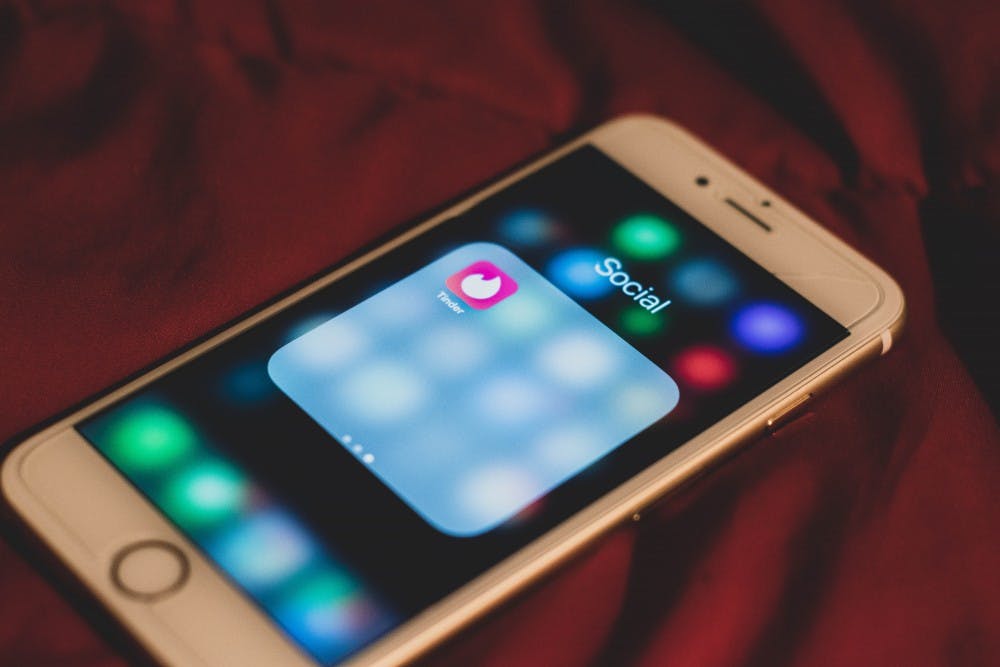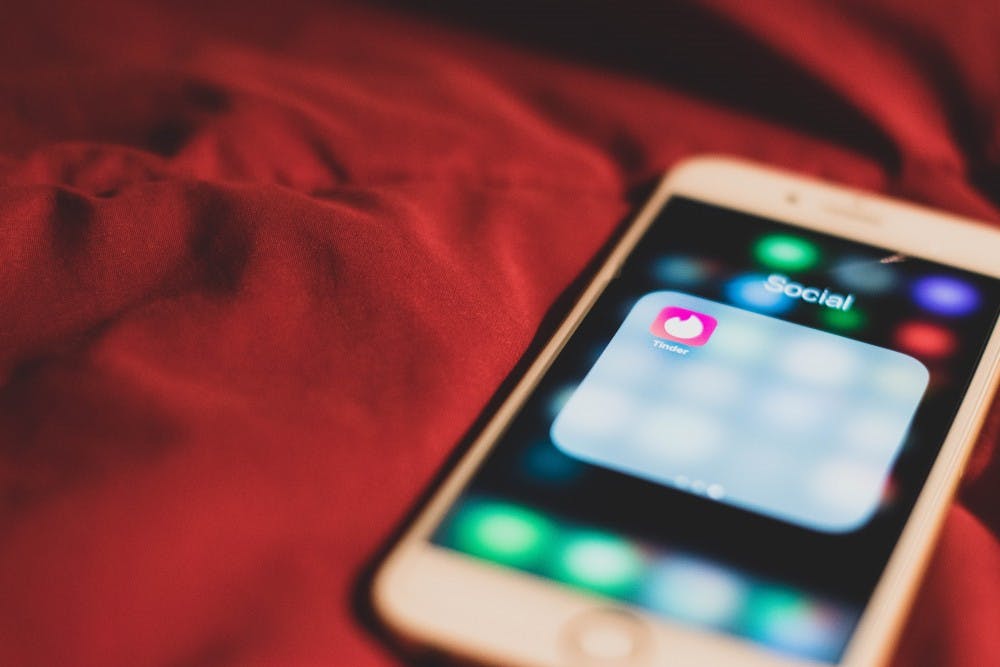Photo by Akuya Stoddard
Tinder was created in 2012. Think about your life in 2012: you were in middle school or early high school. You were going through that awkward “Who am I?” phase, just starting to figure out what attraction even was.
Now, picture your 2012 self on Tinder. Imagine people rejecting you just by looking a couple of photos and a sentence-long bio. Heartbreaking to a tween’s already insecure ego, right?
Many men act as if they are still in that awkward phase. We’ve all heard the horror stories of girls getting harassed on Tinder. In fact, 27 percent of users have reported harassment on the app. It’s no shock why – guys repeatedly ask for sex as their opening line. When they get rejected, a lot of times they immediately comment something along the lines of “Well, you’re ugly anyways.”
This is a bad situation for both parties involved. If the conversation was to happen in person, there is a very high chance that the interaction would turn out differently. Because users are able to hide behind a screen, they often feel as if there are no consequences to their comments, and therefore feel entitled to be rude when their ego is damaged by a rejection. People have lost the confidence to go up to a stranger and strike up a conversation, so they do it online.
“I feel as if college is where you’re supposed to be meeting people and talking with them in person. This is where you develop real world social skills,” second-year Sophia Adamucci said.
Although its original purpose was to find dates, Tinder is often used as a form of entertainment rather than a place to find potential hookups. Thirty-four percent of users reported having no intention of hooking up at all while using the app.

“I always find it funny how guys are holding up fish in pictures. You do not have to prove to me that you can catch an animal, this isn’t hunter-gather times,” Adamucci joked.
While Tinder and other dating apps can be entertaining, people are making snap judgements about you based off of six photos and a short bio – a technological derivative of the college hookup culture.
“One time I started making out with this guy and I had the realization that I knew nothing about him,” third-year Ashley Anderson said. “When I told him he knew nothing about me he stated, ‘I know enough,’ and continued to try and kiss me.”
Tinder, and college hookup culture in general, allows people to generalize others and treat them as nothing more than a product. You can pick up a sweater at H&M and decide whether you want it or not. Now, thanks to Tinder, you can do the same to the people around you. We have boiled each other down to six photos and a short quote, forgetting that they have wants, needs and goals. We forget that these people have quirks and passions, that they may or may not have the perfect personality to match ours. Instead we judge them quickly, based solely on their appearance.
Can you sum your entire life up into six photos and a short sentence?
Should you have to?



